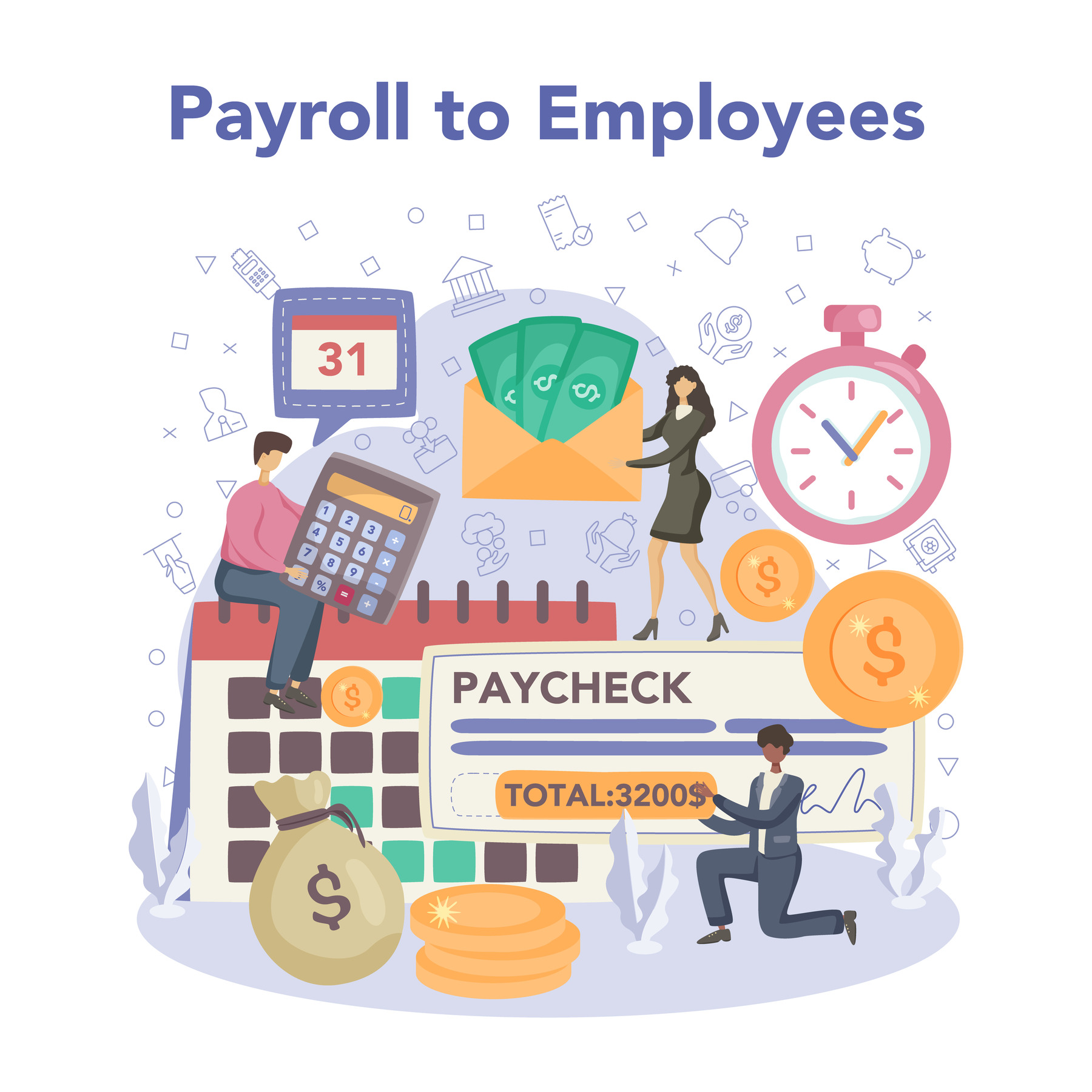services
Payroll Services |Maco Legal & Financial Solutions
Payroll Services: How they can benefit your UK business
Accurate. Compliant. Confidential.
At MacnCo, we offer fully managed UK payroll solutions that ensure your business remains compliant with HMRC regulations, employment law, and
Real Time Information (RTI) requirements. Whether you employ one person or a full team, our payroll service guarantees your employees are paid correctly and your legal obligations are met—every time.

Understanding Payroll in the UK
Payroll involves more than just issuing wages—it encompasses a wide range of legal duties and reporting obligations. As an employer in the UK, you’re responsible for:
- Calculating gross pay, tax, and National Insurance
- Submitting data to HMRC under RTI
- Administering PAYE (Pay As You Earn)
- Handling pension auto-enrolment
- Issuing payslips and statutory forms (e.g., P60, P45)
- Keeping detailed payroll records for at least 3 years
Mistakes in payroll can lead to penalties, employee disputes, and legal exposure. That’s why MacnCo ensures full compliance and precision at every stage.
Your Legal Responsibilities as an Employer
Pay As You Earn (PAYE)
All UK employers must operate PAYE as part of their payroll. It involves:
- Deducting Income Tax and National Insurance Contributions (NICs) from employee wages
- Paying employer NICs and submitting them to HMRC
- Handling statutory payments like SSP, SMP, SPP, and ShPP
- Reporting every payment via RTI submissions (FPS, EPS)
Real Time Information (RTI) Compliance
Since 2013, HMRC requires employers to:
- Submit payroll data on or before each payday
- File Full Payment Submission (FPS) and, if applicable, Employer Payment Summary (EPS)
- Keep digital records of pay, tax, and NICs
Workplace Pension Auto-Enrolment
Under the Pensions Act 2008, employers must:
- Enrol eligible employees into a workplace pension scheme
- Make minimum contributions and submit reports to The Pensions Regulator
- Provide statutory communications to staff
Compliance: Payroll can be a complicated area of business, with regulations and laws that are constantly changing. By outsourcing payroll to a dedicated service provider, businesses can ensure compliance with all relevant regulations and avoid costly penalties and fines. Payroll services stay up to date with all relevant employment laws and regulations and ensure that businesses stay compliant with them.
Accuracy: Payroll errors can result in unhappy employees, incorrect tax filings, and compliance issues. By outsourcing payroll to experts, businesses can reduce the risk of errors and ensure that employee pay and taxes are calculated accurately. This can save time, prevent disputes, and reduce the likelihood of audits and fines.

How MacnCo Simplifies Your Payroll
We take over the entire process—accurately, securely, and with full legal oversight:
Weekly, Fortnightly, or Monthly Payroll Processing
- Calculation of gross to net pay
- PAYE, NICs, and pension deductions
- Statutory payment processing (SSP, SMP, etc.)
HMRC Submissions (RTI)
- Automated and timely FPS and EPS filings
- Year-end reporting, including P60s and P11Ds
- Handling of HMRC queries or inspections
Payslip & Documentation Management
- Generation and distribution of employee payslips
- Issue of P45s for leavers
- Secure employee self-service portals (optional)
Auto-Enrolment & Pension Administration
- Employee eligibility assessments
- Enrolment into Nest, The People’s Pension, or other schemes
- Ongoing contribution monitoring and compliance submissions
Post-Payroll Support & Compliance
- Payroll journal preparation for accounting systems
- HMRC payment scheduling
- Legal support for disputes, audits, or employment tribunals
Who Should Use Our Payroll Services?
Macnco supports:
- Limited companies with directors or employees
- Start-ups hiring their first staff
- SMEs seeking accurate and cost-effective outsourcing
- Firms with irregular payroll needs (e.g., contractors or zero-hour workers)
- Organisations in regulated sectors such as care, construction, or finance

The Macnco Advantage: Why Clients Trust Us
- Fully HMRC Compliant – PAYE, RTI, pension auto-enrolment, and GDPR all covered
- Experienced Professionals – Payroll managers, tax advisors, and employment law experts
- Confidential & Secure – We follow UK GDPR and Data Protection Act 2018 at all levels
- Tailored to Your Needs – From simple director payroll to full multi-employee schemes
- Deadline-Driven – We track and manage all submission dates so you never miss a filing
- Integrated Services – Combine with our accounts, VAT, or legal advisory teams for full compliance
MacnCo strictly adheres to all UK payroll regulations, including:
- Income Tax (PAYE) Regulations 2003
- Social Security Contributions and Benefits Act 1992
- Real Time Information (RTI) HMRC Requirements
- Pensions Act 2008
- Data Protection Act 2018 and UK GDPR
- Employment Rights Act 1996


Conclusion
Payroll services can provide businesses with many benefits such as reducing the administrative burden of managing payroll, ensuring compliance with tax laws and regulations, and providing access to expertise and resources that can help improve payroll processes.
By outsourcing their payroll to a trusted provider, businesses can focus on their core activities and achieve their business goals more efficiently. With so many payroll service options available, it’s important for businesses to do their research and choose a provider that meets their specific needs and requirements.
Payroll FAQs – What You Need to Know
Do I need to register as an employer with HMRC?
Yes. If you’re paying staff or directors, you must register for PAYE before your first payday.
What’s the penalty for late RTI submissions?
Late filings may result in monthly penalties and interest. HMRC also expects accurate data to avoid compliance reviews.
Can I run payroll without software?
Not under RTI. You must use HMRC-recognised payroll software or outsource to a compliant provider like MacnCo.
What if I only pay myself as a director?
You still need to run payroll and submit RTI returns—even if it’s only for a director’s salary.

